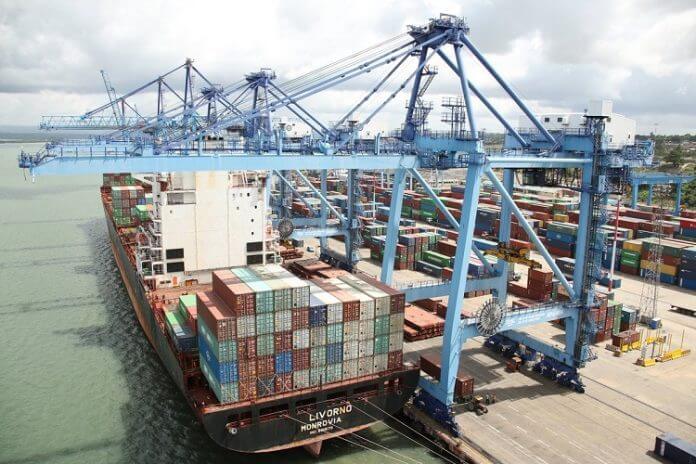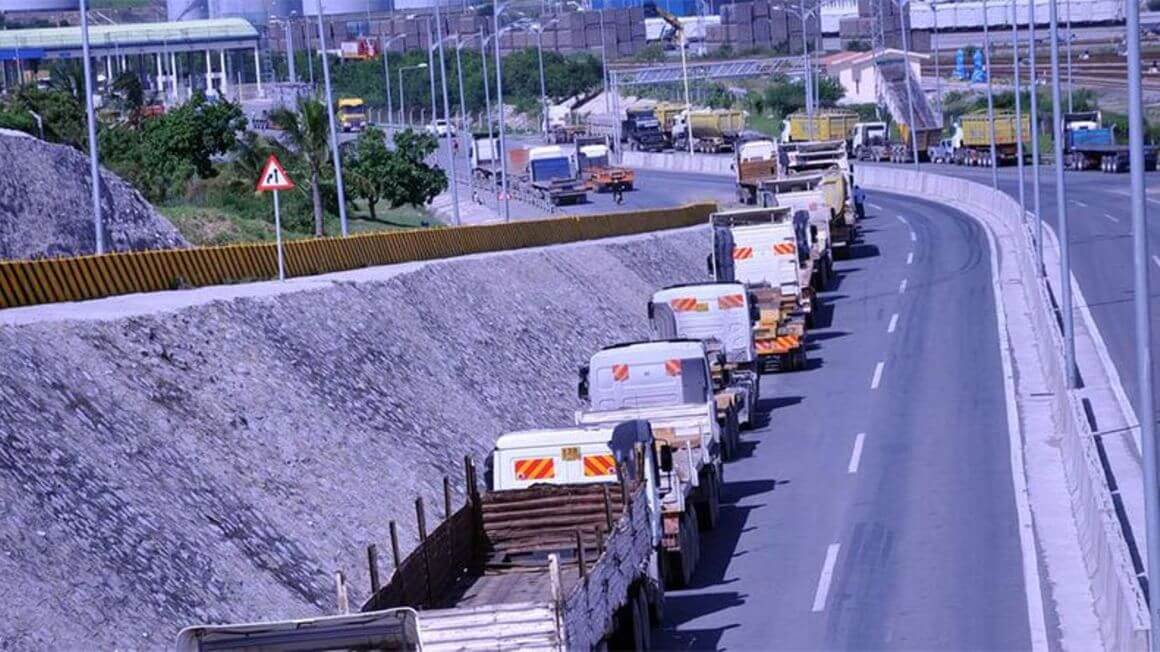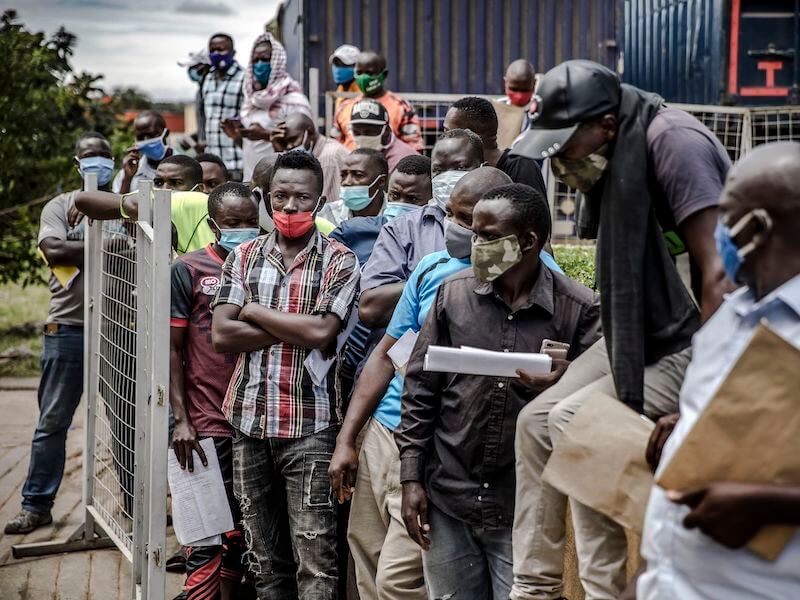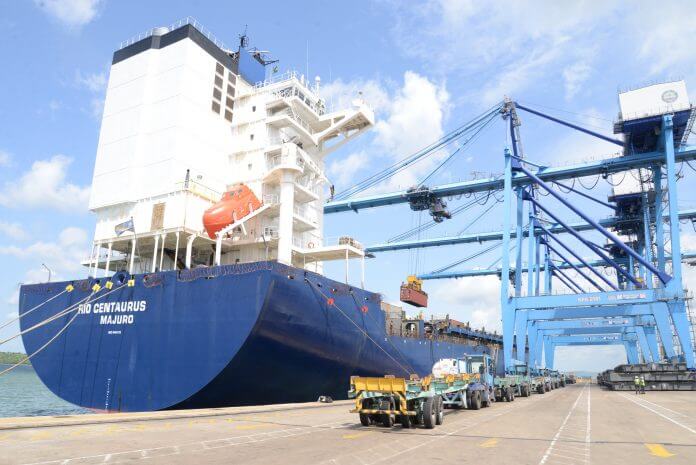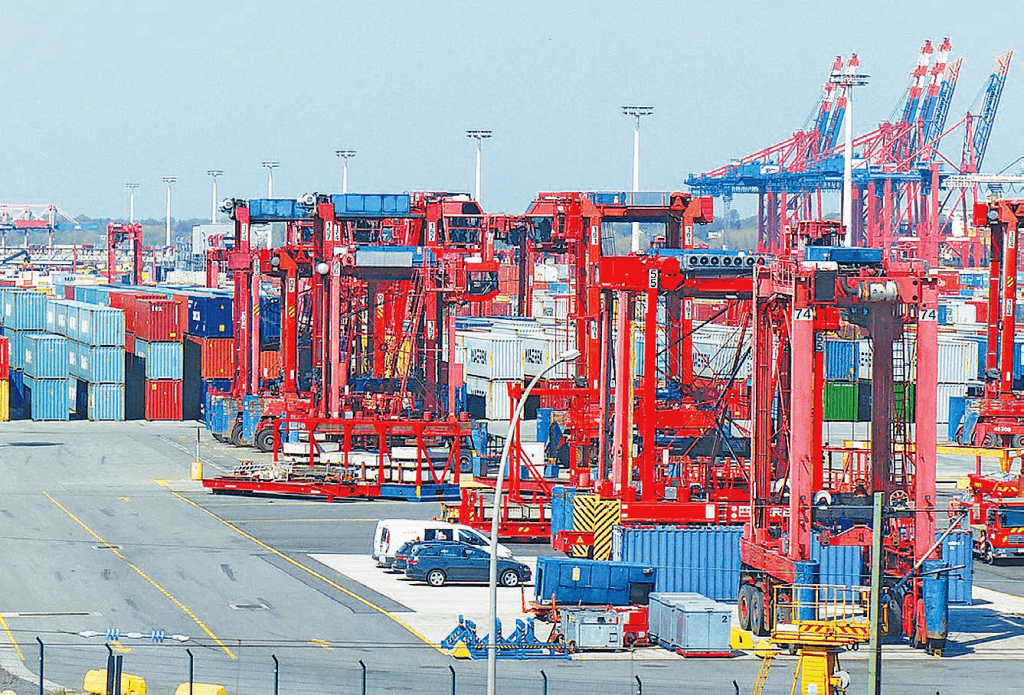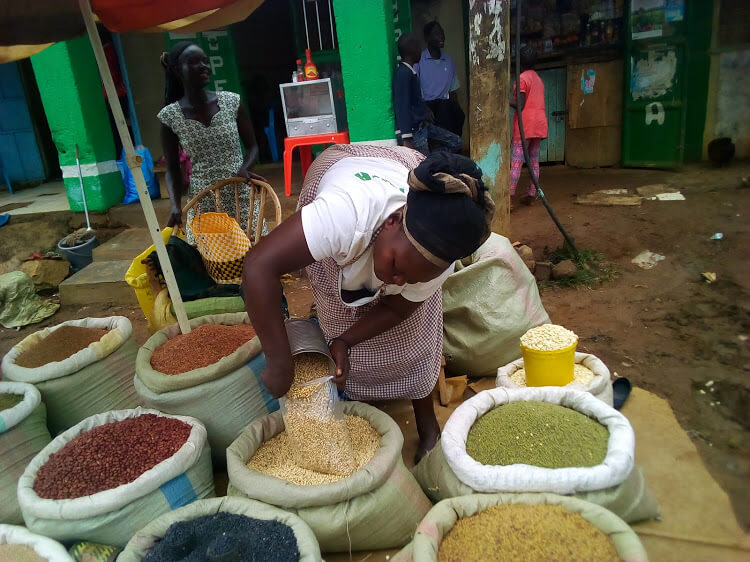NAIROBI, Kenya, Sept 12- The Economic Commission for Africa (ECA) has launched a new COVID-19 cross-border trade report urging governments on the continent to adopt and harmonize policies that will help continent strike an appropriate balance between curbing the spread of the virus and facilitating emergency and essential trade. Titled Facilitating cross-border trade through a coordinated African response to COVID-19, the report says continued inefficiencies and disruptions to cross-border trade presented significant challenges for Africa’s fight against COVID-19, and risked holding back the continent’s progress towards the attainment of the sustainable development and goals and Africa’s Agenda 2063. Maintaining trade flows as much as possible during the pandemic will be crucial in providing access to essential food and much-needed medical items and in limiting negative impacts on jobs and poverty, said Stephen Karingi, Director of the ECA’s Regional Integration and Trade Division (RITD) that penned the report. To curtail the rapid spread of the virus, African nations introduced lockdowns and various restrictions that negatively affected cross-border and transit freight transportation. The border restrictions and regulations have helped minimize infections and deaths across the continent but had a negative impact on cross-border trade and economic activity, hindering both significantly. The report recommends that African nations should cooperate and harmonize COVID-19 border regulations to reduce delays, while not undermining the safety of trade. It proposes fast tracking implementation of existing Regional Economic Community (REC) COVID-19 guidelines, including establishing regional coordinating committees with the primary task of addressing operational issues at national borders....
African Governments Urged To Harmonize Trade And Cross-Border Policies
Posted on: September 14, 2020
Posted on: September 14, 2020


